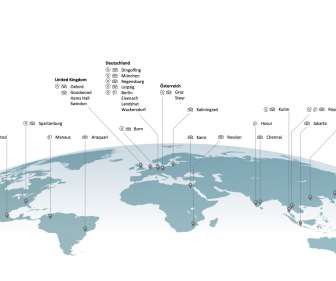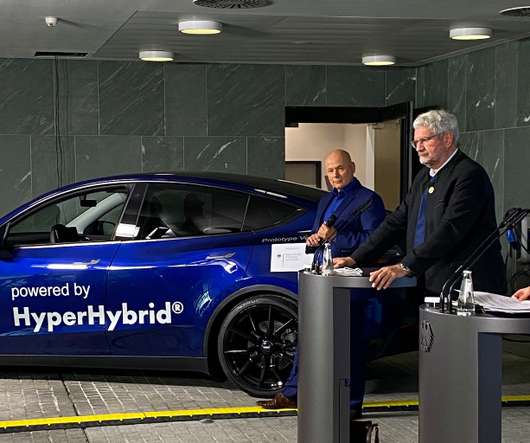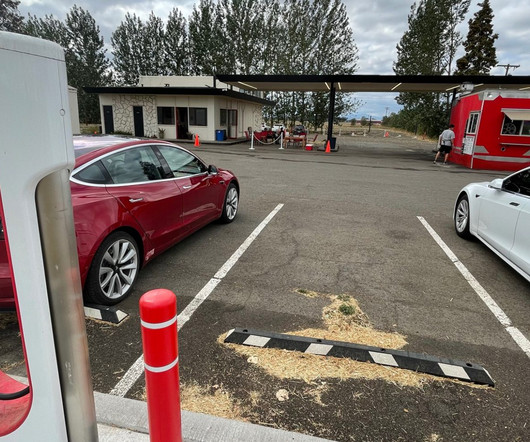Volkswagen investing in climate protection projects to compensate for unavoidable CO2 emissions
Green Car Congress
SEPTEMBER 20, 2019
Volkswagen is investing in climate protection projects to compensate for unavoidable CO 2. Projects are certified according to the highest international standards Verified Carbon Standard (VCS) as well as Climate Community and Biodiversity Standard (CCB) or Gold Standard. 3, as well as emissions from other areas.














Let's personalize your content